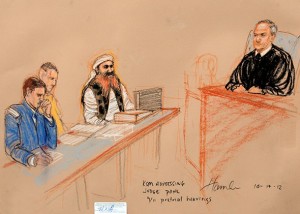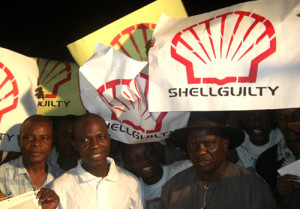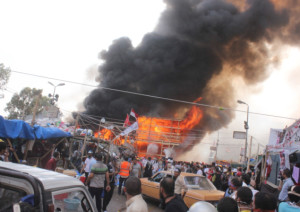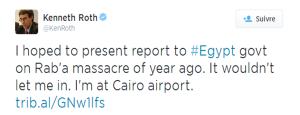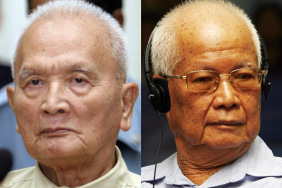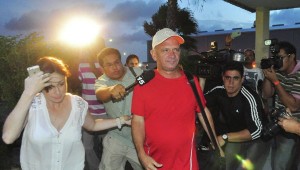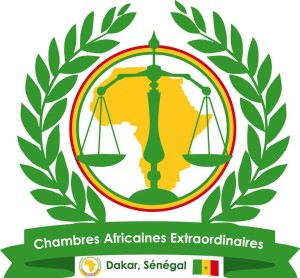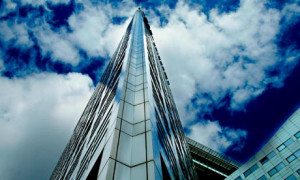by Arnold Tsunga and Wayne Jordash QC
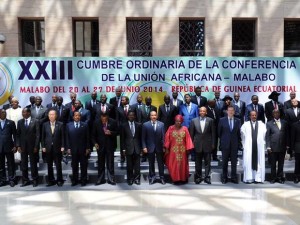
African Union Summit, July 2014
There is a general notion that the law is like a spider’s web. It only catches the weak.
The decision adopted by the AU heads in Malabo, Equatorial Guinea, to grant immunity from prosecution for serious human rights violations to heads of state and senior government officials at the African Court of Justice and Human and Peoples Rights only serves to reinforce this perception.
Heads who faced justice
Few African heads of state have been tried for serious human rights violations of their own people. Those that come to mind are Charles Taylor (Liberia) and Hosni Mubarak (Egypt). Charles Taylor was tried by a hybrid tribunal set up under the auspices of the UN in Sierra Leone (sitting in The Hague, a city that has become the seat of international justice). After being overthrown in a revolution, Mubarak was tried by domestic courts in what some view as flawed victor’s justice. The AU was not involved in either of these proceedings.
Others await or are going through trial. These are Laurent Gbagbo (Cote D’Ivoire), Omar Hassan Ahmad Al-Bashir (Sudan), Uhuru Kenyatta and his deputy, William Ruto (Kenya) at the ICC, and Hissène Habré (Chad) at an AU sponsored tribunal in Senegal. The Hissène Habré case has been awaiting trial since shortly after the millennium. Legitimate concerns have been raised about the willingness of the AU leaders to see Hissène Habré face justice and the completion of the trial. Omar Hassan Ahmad Al-Bashir has been largely protected by the AU heads that have refused to cooperate with the ICC to effect his warrant of arrest. Continue reading →
 In an effort to tackle Italy’s notoriously slow justice system, Prime Minister Matteo Renzi has announced a “revolution” that would break down bureaucracy. Friday, the Council of Ministers approved a series of measures designed to improve delays before courts. The “Sblocca Italia” programme provides for first-instance trials to last one year top and to reduce judicial summer break to speed up procedures.
In an effort to tackle Italy’s notoriously slow justice system, Prime Minister Matteo Renzi has announced a “revolution” that would break down bureaucracy. Friday, the Council of Ministers approved a series of measures designed to improve delays before courts. The “Sblocca Italia” programme provides for first-instance trials to last one year top and to reduce judicial summer break to speed up procedures.
